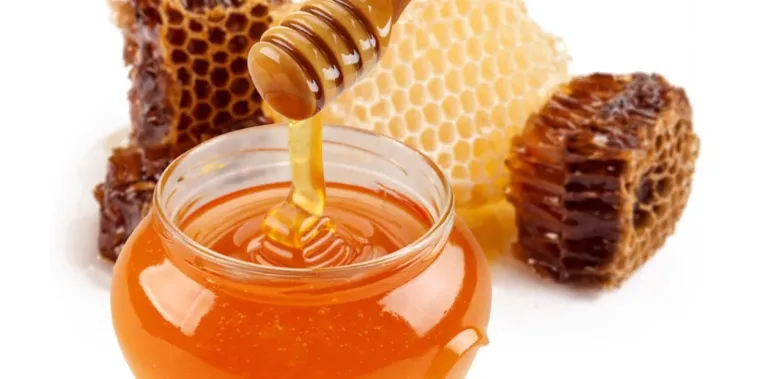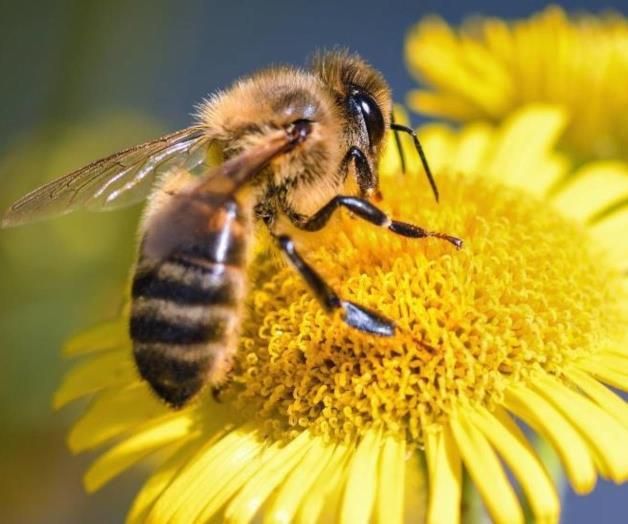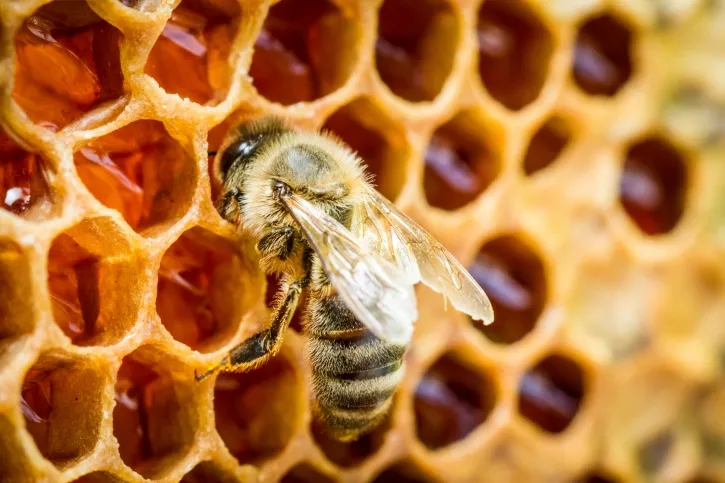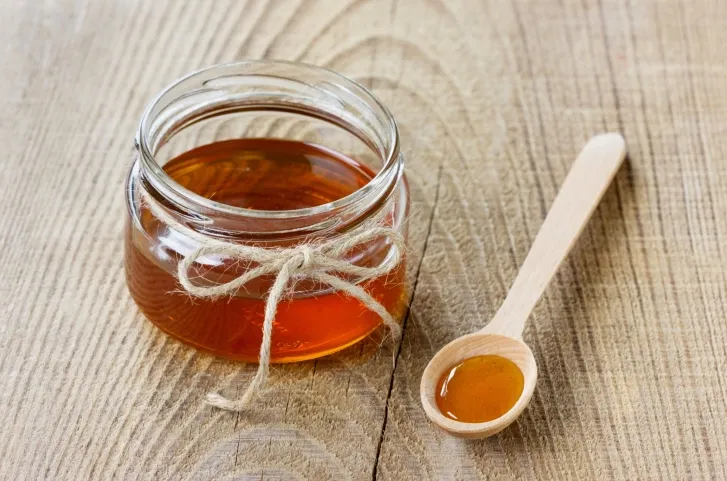
Natural honey is that which has not been heated above 43º nor subjected to any process, unlike industrial honey, which is pasteurized.
Pasteurization prevents crystallization, but also drastically reduces the quality of honey since the process destroys most enzymes, antioxidants, and other beneficial properties such as its antibiotic action.
Natural honey produces glycogen in the liver, which is the reserve of energy needed by the brain for its normal functioning.
We will have sufficient reserves of glycogen if we consume natural honey at breakfast, before going to bed, and at regular intervals throughout the day (especially before and after exercise), these reserves of glycogen in the liver will prevent the release of stress hormones.
It reduces nocturnal cough and improves sleep. Honey with tea or warm lemonade helps to relieve a sore throat. But honey alone can also effectively eliminate coughs, so we can consider honey a great home remedy for coughs.
Honey production begins with bees collecting nectar, sugar-rich liquids from plants.

The transformation of nectar into honey takes place in the hive and is a group activity in which the bees enter a repeated cycle of consumption, digestion, and regurgitation (expulsion from the digestive tract), so the composition and nutritional properties depend on the source of the nectar and, therefore, on those flowers found in the vicinity of the hive.

It is a cellular regenerative that keeps us in good health bringing youth and energy to our body, while refined sugar brutalizes us, ages us, and ruins our health.

Because 100 grams of honey provide about 300 calories, its consumption is especially recommended for people who need an additional dose of energy as athletes, children in school, seniors, workers who make a physical effort, those who have a strong intellectual load, or those who want to make a diet to increase weight.
is mainly used in pastry, can also be included in different recipes for meats, stews, and salad sauces, or included in snacks at breakfast.
Bee honey is frequently used to treat acne caused by bacteria as it has an antimicrobial effect. It also helps in cases of dry skin or chapped lips.
Honey contains polyphenols, a type of antioxidant that helps protect cells from free radical damage. Consuming honey stimulates the production of organophosphates that regulate heart rate and decrease coronary risk. It also helps to stop the progression of rheumatic diseases.
The quality, aroma, taste, and color of honey are determined by the plants from which the bees have collected nectar. The sunflowers, for example, give it a golden color; the clover produces a white and sweet honey; the agaves give the honey a flavor that is very popular in some societies.